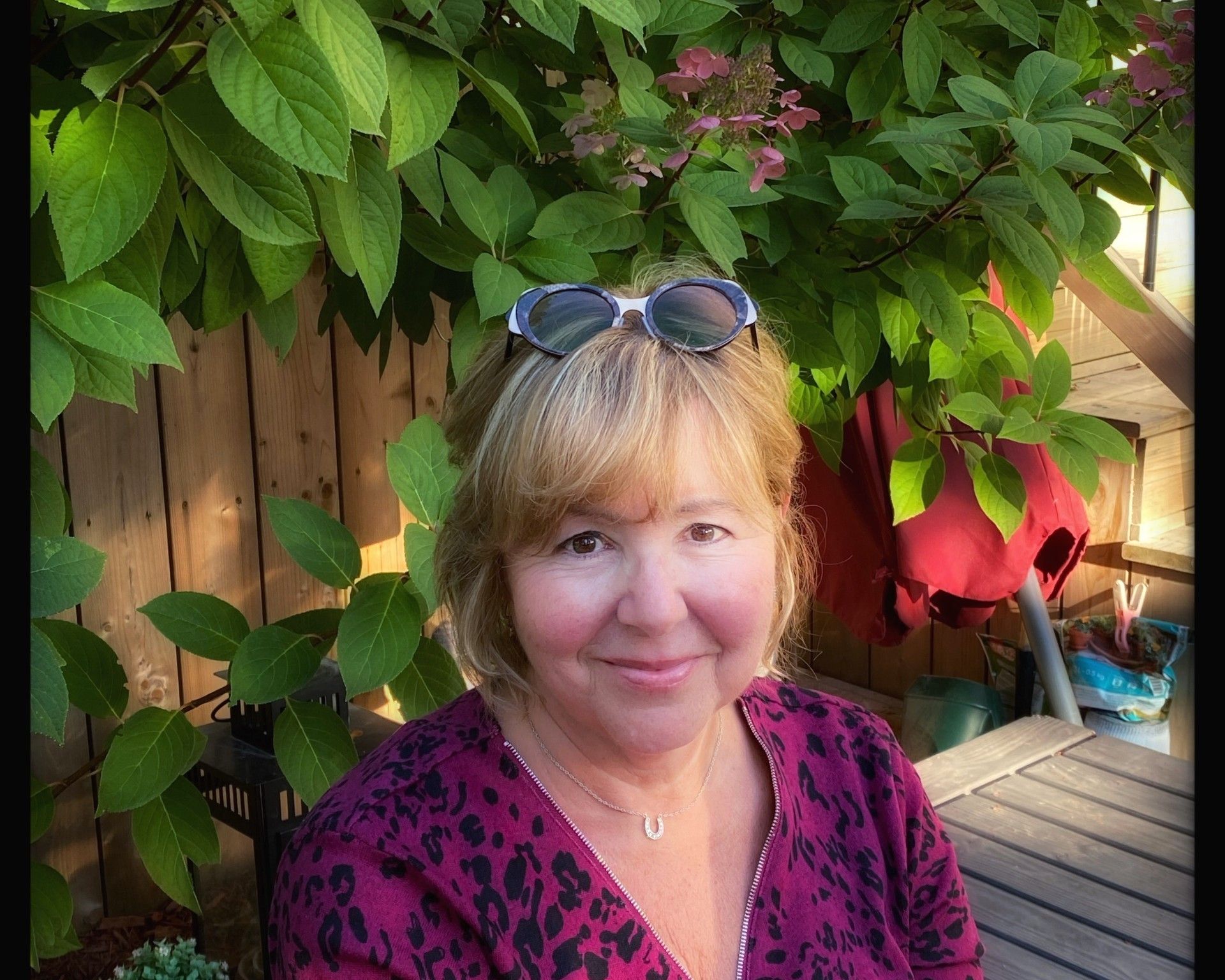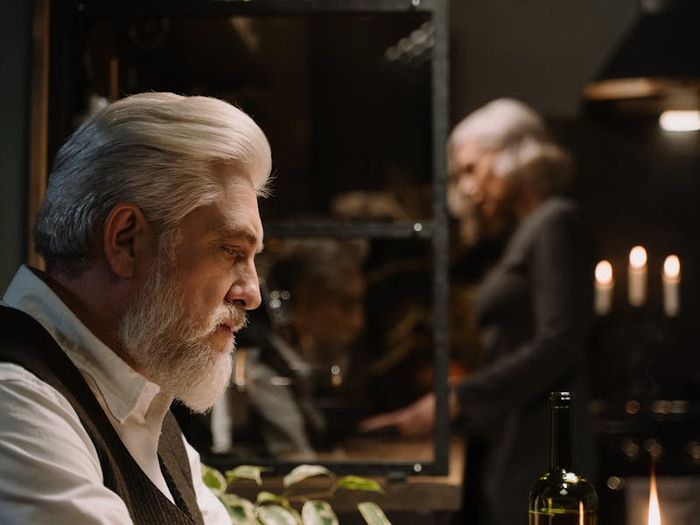When Forever Fades: Nothing Is Never Quite As It Seems

I was sitting outside, my face tilted toward the sun, eyes closed, listening to the birds chirping away, when suddenly I was transported back to the time my elderly, dear mom was recovering from a broken hip. After leaving the rehabilitation hospital, she continued her recovery and healing at our home with my husband and me.
It's been nearly fifteen years since my beloved mom passed. Those early weeks were difficult. Watching my mom in pain felt unbearable. I longed to wield a magic wand to alleviate her suffering. My mom was grappling with her new physical limitations, and I was flailing too. I couldn't shake the constant sense of dread, anxiety, and nagging worry: How would she manage on her own? What if she fell again? Those months were a blur of frayed nerves, sleepless nights, and endless adjustments.
To make things harder, my stubborn mom refused to use the cold hospital-issued cane. She preferred holding onto my arm or anybody, just not a cane. Eventually, we settled into a new routine. Soon, I would hear her ting-ting throughout the house, and wherever I went, the sound of that cane became a familiar, comforting indicator that meant my mom was nearby.
One morning, I woke to a variation of that metallic clatter emanating from the guest room where my mom was staying. It was repetitive and deliberate. Was she banging the cane on the floor to get my attention for help? My heart raced with fear. I rushed over, knocked gently, and then pushed open the door, holding my breath.
There she was, sitting upright, looking giddy. Before I could say anything, she shushed me, grinning, and pointed to the window. I followed her gaze. A red cardinal was flying toward the glass, tapping insistently with its beak before darting away, only to return and do it again over and over.
"The cardinal woke me," my mom exclaimed with exuberance. She'd been watching this odd and intriguing performance for a while. Then, just like that, she asked what was for breakfast.
Though I still felt rattled, I exhaled an audible sigh of relief. My mom was okay. I pulled her into a tight hug, holding on as much for me as for her. That particular moment has become a meaningful touchstone for me—both a harbinger of things to come and a powerful reminder of how I interpret experiences.
Lately, life keeps reminding me how we usually get things wrong, how easily we misread situations and the people around us.
Case in point, a few weeks ago, we hosted a potluck dinner with a few of our long-time couple friends. The mood was light; the conversation flowed as smoothly as the wine.
Then, out of nowhere, one couple dropped the mic, as the cool kids say, and announced they were separating after nearly thirty-five years together.
We were stunned. No one could find the right words.
My husband, our friends, and I are all in our sixties, bracing for the next orthopedic shoe to drop, usually in the form of a health scare or another devastating loss. But somehow, I naively believed that one thing was unbreakable: our friendships and marriages. I felt blindsided. This couple had always appeared so in sync, connected, and content.
After everyone left, my husband and I sat together absorbed in thought and disbelief, still trying to make sense of what had happened. He told me that he'd seen this sort of unravelling before with his parents. To the outside world, his parents were a very popular and affectionate couple. They were the charismatic social darlings who frequently entertained and hosted many gatherings with friends. My husband still recalls how he was the envy of his peers because his parents were seemingly inseparable and so blissfully happy.
But they split without warning while my husband was still in college. There were no fights, no obvious signs of a union in peril. And just like that, his father moved out and left, taking with him the brittle illusion of a perfect marriage. What once looked pristine shattered like glass, and the shards of unanswered questions remain.
In a Psychology Today Canada article by psychologist Jennifer Guttman, “Are You Guilty of Making Too Many Assumptions?”, she quotes renowned cognitive therapist David Burns, who explains that “people often jump to conclusions out of an impatience to resolve confusing or ambiguous situations. In their haste, they form inferences without sufficient evidence—often negative or even catastrophic—simply to feel a sense of closure or control.”
So often, what we see—or think we see—isn't the truth at all. Presently, in this chaotic world, we are all navigating an intricate latticework of quiet judgment, assumptions, misinformation, false facts and curated facades that rarely reflect reality.
As Stephen R. Covey once wrote, "We simply assume that the way we see things is the way they really are or the way they should be."
And in that regard, I've learned to pause before assuming, to look again because behind every closed door, every smile, every silence – or even a red cardinal - there's often a story we haven't heard yet.
Related content





